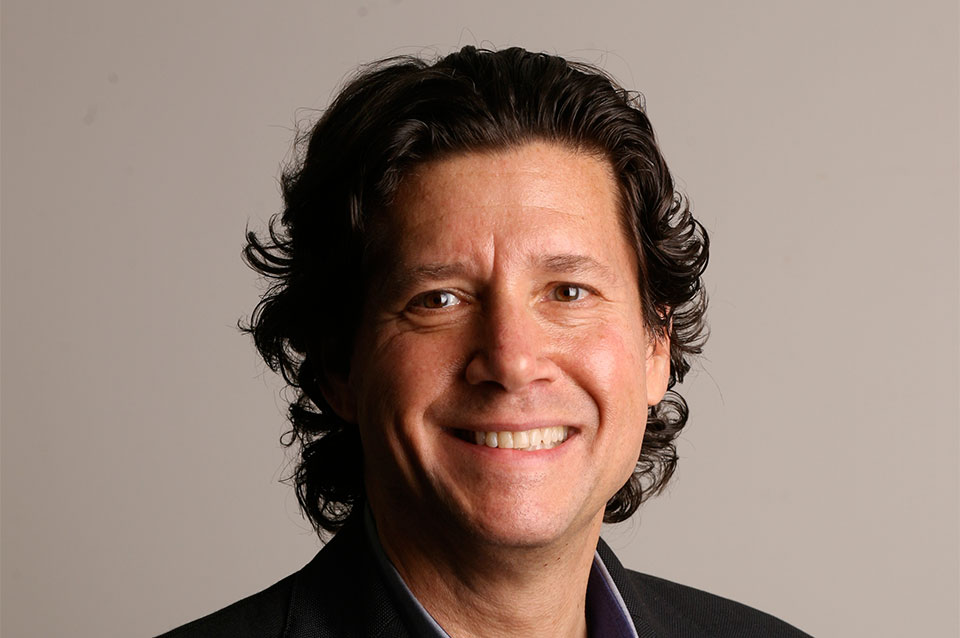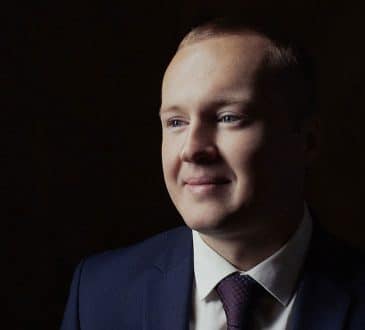Adjusting your business method during a pandemic, without quarantining your brand

Nine months ago, when the pandemic completely disrupted our normal ways of doing business, marketers had no playbook to reach for that would offer guidance for keeping their brands relevant and top-of-mind. Prior challenges – from 9/11 to the 2008 downturn – were not completely applicable, since they did not have the hurdles of remote work and social distancing. Yet, there has been a tremendous evolution in marketing techniques, executed with an impressive level of creativity, all of which occurred at warp speed, as the situation demanded.
One of the most remarkable changes was the shift from in-person events to virtual platforms. From the very first, simply produced virtual events, they have become increasingly sophisticated and complex. For the past several months, just about all consumer and B2B brands have engaged in some form of virtual event.
Among the many challenges of working in the virtual world is continuing to deliver on a brand’s value points and personality. Some of the most successful online events have offered a physical element to complement the online experience, such as a snack box, meal kit, wine tasting, cocktail-making kit, or workout accessories delivered to participants’ homes These offer tangible value beyond the online experience.
For example, a prominent financial services brand arranged to have their customers receive a delivery of recipe ingredients to their homes before an online cooking event began. Participants chopped, stirred, and sautéed along with world-renowned chefs including Daniel Boulud, Michael Solomonov, Aarón Sánchez, and Marcus Samuelsson.
Advance delivery also works well in other lifestyle arenas. At one event, Lindsay Vonn led a workout class online with home viewers who all had received new workout mats and stretch bands. At another, music fans listened to Sheryl Crow share stories of her life and sing a few songs, while enjoying snacks from her home city of Nashville. And at yet another, guests made rum cocktails with Sammy Hagar and Michael Anthony, after receiving a complete cocktail making kit (including the rum!).
Just as the host brands offered unique experiences to customers in the pre-pandemic world, they can continue to delight customers from afar. Only the delivery method for these experiences has changed. Consumers’ appetites to learn about subjects that interest them is as strong as ever, and virtual events are a welcome diversion from the stress that everyone is feeling. This is true for B2C and B2B as well as internal audiences.
Avoiding Digital Fatigue
Instead of competing for people’s time to travel to an event in our pre-pandemic world, we’re now asking them to consider spending yet more time on Zoom, WebEx, or a similar platform when they are done with their work-related responsibilities. When your audience has been glued to a screen all day, asking for another hour is a big ask. You better be offering something compelling and different to entice them to focus on their computer screen for a moment longer than necessary.
For example, after a long, two-day, virtual board meeting of a multi-national company, all of the directors were surprised with a 15-minute on-line appearance by Chef Mario Carbone, from one of New York City’s hottest and hard-to-get-reservation restaurants. Chef Carbone explained the heating instructions for the four-course meal that each of the directors, who were spread across 13 different states, had received on their doorstep that day, along with wines to complement the meal.
A Silver Lining
Indeed, a silver lining is emerging here, with online experiences offering potential value in a post-COVID world. Digital experiences can be attractive since they require no travel, let alone the need to dress up. And importantly, they offer the ability to reach a wider audience.
When the annual Harlem EatUp! festival was not able to be held in person in May, it was turned into a virtual event that aired on ABC7-New York, raising more than $200,000 to fight food insecurity and support BIPOC-owned businesses in Harlem. The show won its time slot and was viewed by ten times the number of attendees who had physically attended the event in prior years. Due to this success, it is more than likely that the organizers will offer a hybrid in-person – virtual festival when social distancing guidelines are lifted.
Stay True to Your Values and Don’t Get Distracted
Marketers need to stay focused on promoting the same core values that made them stand out pre-pandemic.
Just look at the hotel industry, which has been hit particularly hard, with few people traveling, resulting in thousands of vacant hotel rooms. Too many hotels are focused solely on what they are doing to keep their hotel free from the coronavirus rather than also proactively reminding their customers of the points of brand differentiation that had previously appealed to them – such as the personalized service, celebrity chef restaurants, golf or tennis lessons, and other unique amenities.
With a little creativity, any of these unique selling points can be shared, via a virtual experience, whether it be a cooking demonstration from the hotel’s chef, a mixology lesson with the bartender, or swing tips from the golf or tennis pro. Further, an element of the experience can be packaged up and sent as a gift to the customer in the form of a meal kit or a bottle of indigenous spirit or wine that conveys a unique sense of place. When it’s safe to travel again, the hotels that stayed connected to their guests will be the first to see them return.
Summary
It’s time to focus on the positive and unique attributes that your brand is known for – those points of differentiation from their competitors. Brands need to remind customers what they found so special and attractive about them in the first place. Don’t allow the coronavirus to quarantine your brand’s messaging.
Written by Herb Karlitz.
Bring the best of the CEOWORLD magazine's global journalism to audiences in the United States and around the world. - Add CEOWORLD magazine to your Google News feed.
Follow CEOWORLD magazine headlines on: Google News, LinkedIn, Twitter, and Facebook.
Copyright 2025 The CEOWORLD magazine. All rights reserved. This material (and any extract from it) must not be copied, redistributed or placed on any website, without CEOWORLD magazine' prior written consent. For media queries, please contact: info@ceoworld.biz








